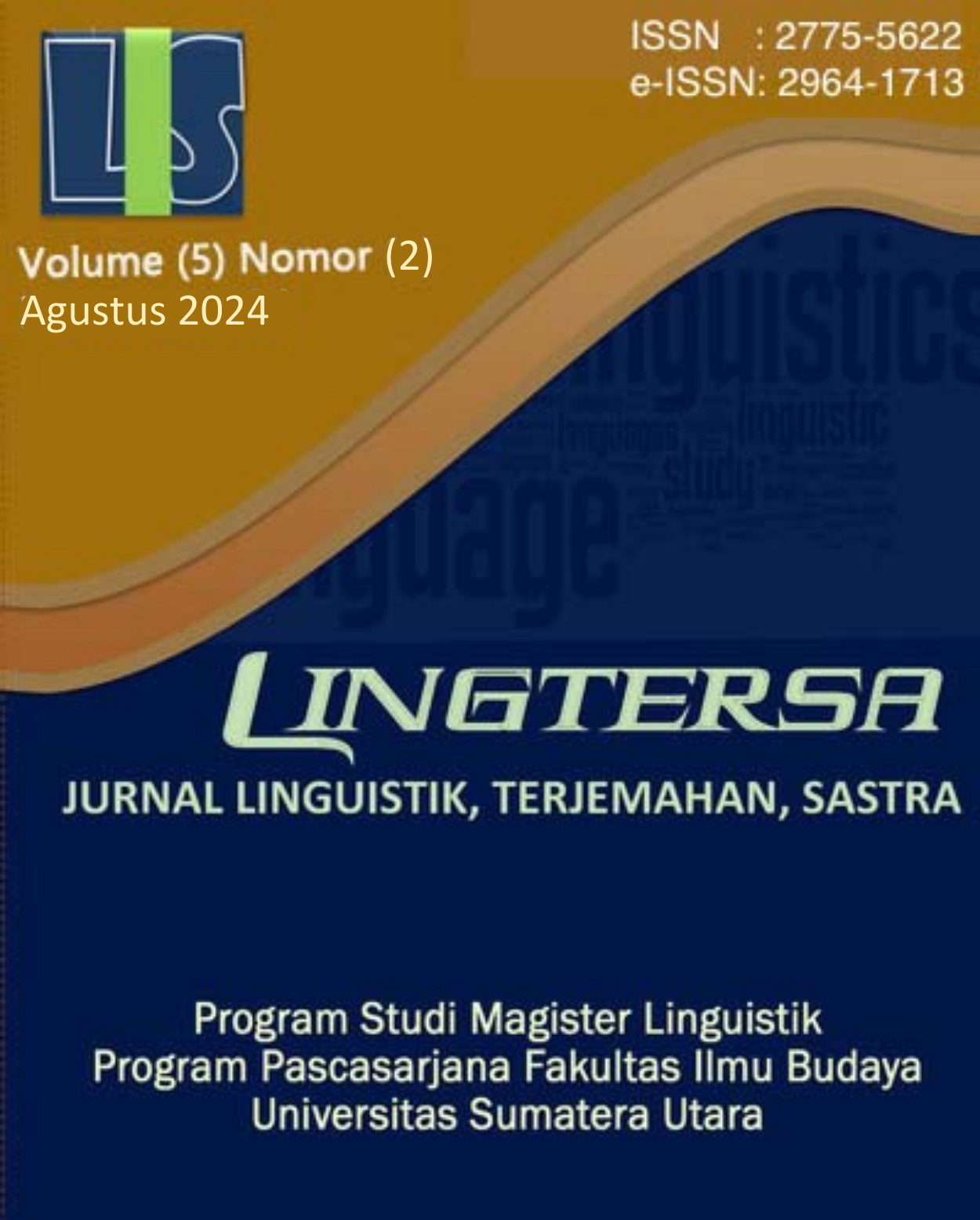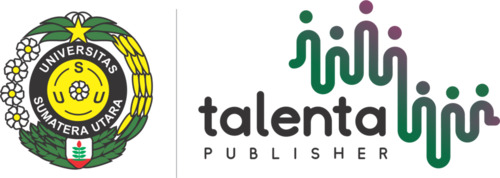The Use of Code Switching to Represent Social Class in Tunisian Television
DOI:
https://doi.org/10.32734/lingtersa.v5i2.17659Keywords:
Code Switching, Represent, Social Class, Television, TunisiaAbstract
Tunisia is a country with a long history and rich culture, causing its contemporary society to be multilingual. Every Tunisian person will be introduced to five different languages before the age of 18, making Tunisians more vulnerable to the phenomenon known as code-switching: the switching between two or more languages in one’s same speech. It is known that according to Bourdieu, the language you speak represents who you are, and one’s use of code switching, especially between Arabic and French, could be their way of assessing their own social status. This paper tested out this theory by analyzing the speech patterns of different characters in Tunisian TV shows, through both a sociolinguistic and psycholinguistic point of view. The goal of this practical analysis was to determine whether certain characters’ use of Arabic/French code switching was purely coincidental or aiming at a demarcation of said character’s social status. The analysis found that characters in Tunisian television will indeed use code-switching to affirm their own social status or try to make themselves resemble high social class individuals, meaning their use of French is calculated and holds a very particular goal. In retrospect, this shows that TV show writers will use Arabic/French code switching as a tool to expose social disparities and lay a foundation for social criticism.
Downloads
Downloads
Published
How to Cite
Issue
Section
License
Copyright (c) 2024 Linguistik Terjemahan Sastra (LINGTERSA)

This work is licensed under a Creative Commons Attribution-ShareAlike 4.0 International License.









